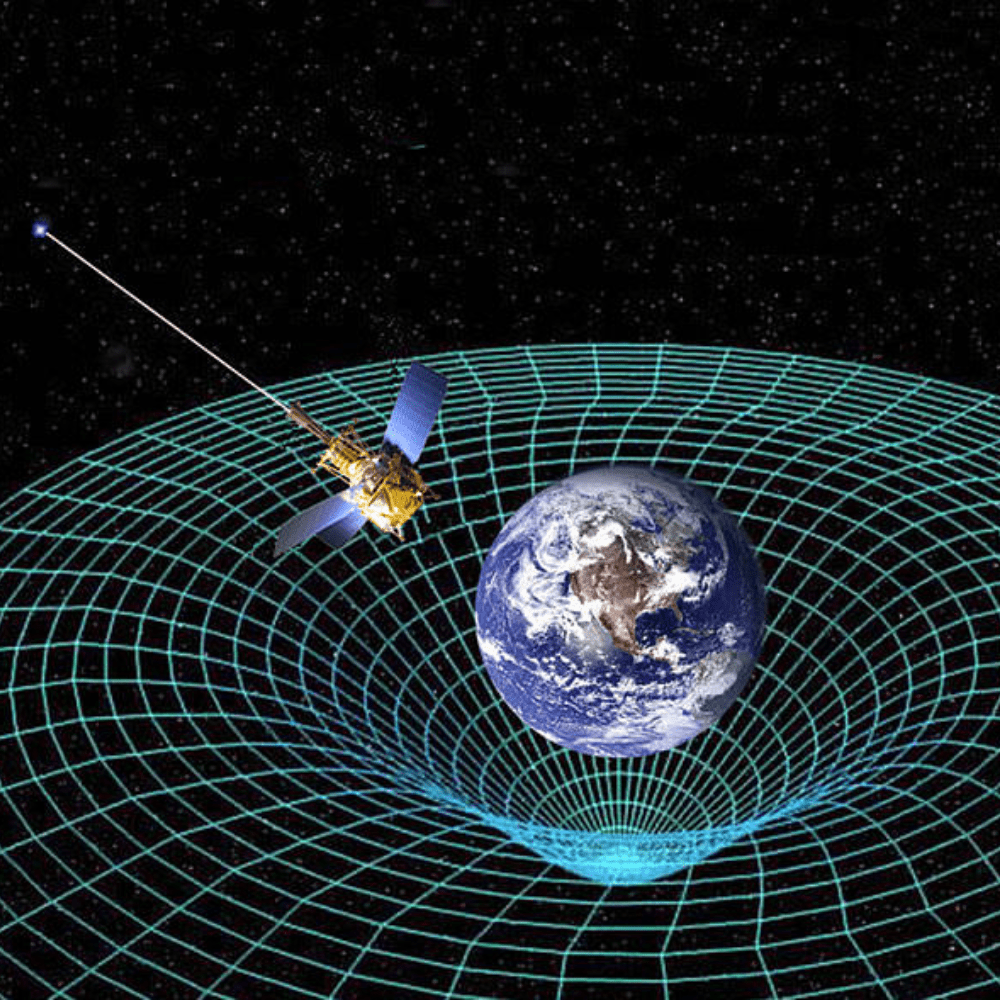
It’s always fascinating to learn about interesting things in regard to planet Earth. Be it silly freaky facts about the plethora of living beings inhabiting it or simply the scientific absurdities, it’s bound to leave you just a little bit amazed. One of the more fascinating facts is one relating to how our weight changes in different places.
Varying Gravity on Earth
There is a fluctuation in a person’s weight across the planet. If you travel to the Equator in countries like Kenya from the North Pole, your weight would be 0.5 percent less. This is due to the different effects of gravity at different places on Earth. And this difference occurs due to the bulge that Earth has at the equator. This bulge was formed as a result of the planet’s spinning on its axis. While the spin affects you, pushing you ever so slightly outwards and diminishing the gravitational effect, the shape has a more pronounced and visible impact. The distance from the mass affects the intensity of gravity that is exerted on you. The difference in weight is very slight, yet intriguing, it can also be felt on an airplane.
Get Lighter Effortlessly

So, if you are at the north pole, near the Earth’s mass, you would be more affected by it, thereby weighing more. Accordingly, at the equator, you are away from the Earth’s mass bulk, so less gravitational force is in action, be it through you or on you. When you are flying, your weight up in the air reduces. As you are farther from the planet’s usual gravitational pull, it is weaker. If you want to see exactly how much you weigh at different points on Earth, travel and see the variations. Wherever you go, don’t go weighing yourself at the North Pole as there you might weigh more!